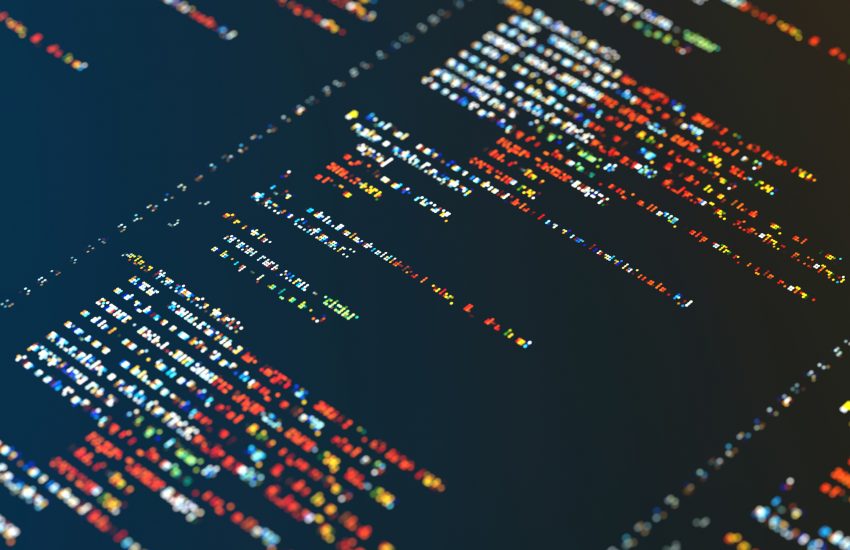The practice of law is not one-size-fits-all. For better or worse, attorneys are generally free to conduct their business as they see fit: working from home, in a traditional office, in large firms, solo practitioners, different practice areas, and different tools. We are guided by certain rules, of course, including the obligation to represent clients competently through technological familiarity. For those who had yet to do so before, we shifted to a remote environment during COVID-19, which forced firms to implement immediate work-from-home mandates and …
Continue Reading



